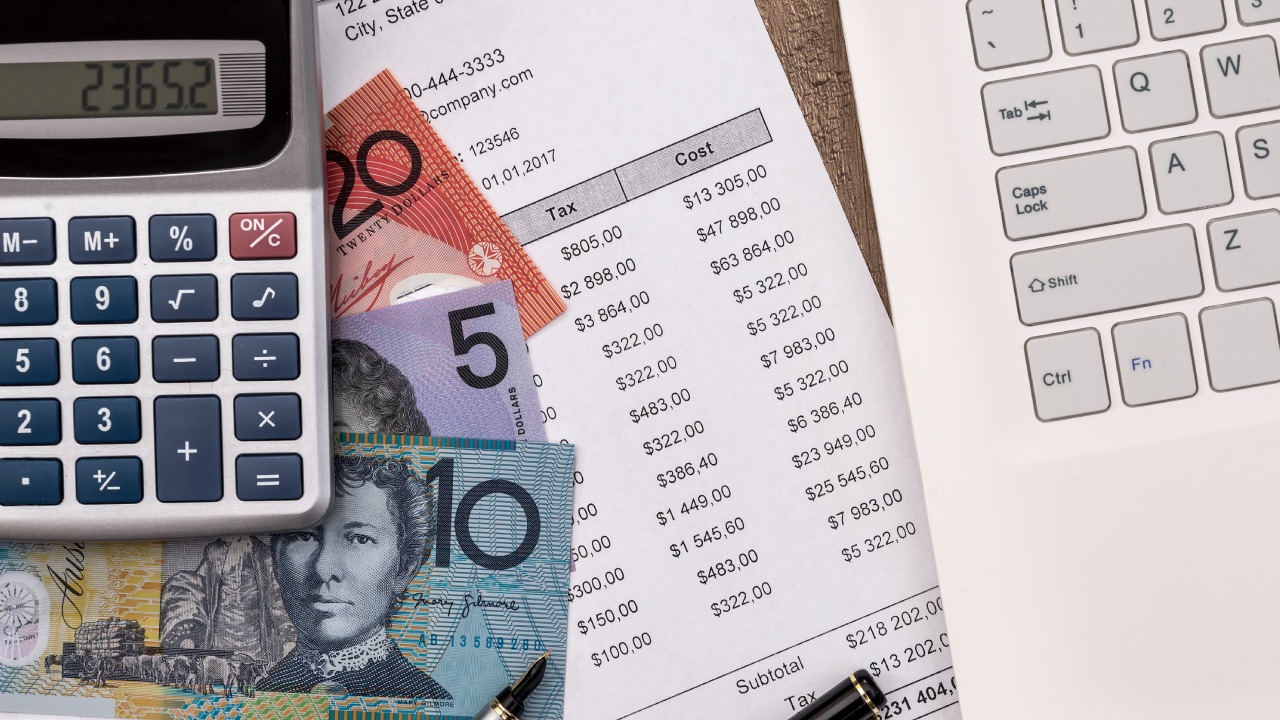10 ways to make those stage 3 tax cuts count

You’re already used to living without these extra dollars. So, you won’t miss them by continuing to do so. Consider the various options available and which best suits your circumstances, then devise a plan of action to put that money to work.
- Check tax brackets
Not only are some income tax rates falling, but the thresholds for others are increasing - potentially pushing you into a lower tax bracket.
For example, Alice currently earns $130,000 and this tips her into marginal tax rate of 37 per cent.
The Stage 3 changes will increase the 37 per cent tax threshold to $135,001. As such, Alice drops to a lower tax bracket. Not only this, her new tax bracket will have its marginal tax rate reduced from 32.5 per cent to 30 per cent. It’s a double win for Alice!
This shouldn’t change your money habits but is still good to know.
- Update your plan
Check what your new tax rate will be to calculate your new take-home pay (or simply look at your first full pay cycle in the new financial year).
Plot your new income into your household spending and investment plan. Now you know what you have to play with.
- Check your pay
Most employers use digital payroll systems which automatically update tax rates. But not all do. And even then, mistakes can happen.
From July, double check that your pay is adjusted correctly.
If you notice a mistake, speak up – not only will you and your colleagues benefit, but you could save your employer from costly penalties for an innocent mistake.
- Monitor expenses
Don’t let ballooning expenses wipe out any tax cut gains.
Avoid pre-spending those gains too. The additional income is spaced out over each pay; it’s not a lump sum you can blow on a spending spree.
- Automatic redirects
Consider setting up an automated redirect of the difference in your pay as soon as it hits your account.
The money could be diverted into a high-interest savings account or used to top up your emergency fund.
- Super contributions
Tax cut cash can be used in combination with super contribution rules to supercharge retirement earnings.
Low income earners may be eligible for government co-contributions while spouse contributions can offer further tax benefits.
This may be particularly useful for anyone trying to catch-up after time out of the workforce (e.g., raising kids or caring for relatives) or repaying early withdrawals during COVID.
- Pay down debt
Every extra dollar spent paying off debt will save on future interest and clear it faster.
Prioritise higher interest debts (like credit cards). Consider consolidating multiple debts into one with a lower rate (e.g., your mortgage) to reduce total interest and simplify repayments.
- Invest in yourself
The old saying goes “you’ve got to spend money to make money”. Nowhere are the returns typically better than from self improvement.
That could be undertaking new qualifications or additional training, enabling you to secure pay rises or transition to a higher-paying industry.
Or it may be investing in your health and wellbeing, to reduce medical expenses, improve job prospects and productivity, and enhance your decision-making abilities (including about money matters).
- Lodge returns promptly
This applies to every tax year: the sooner you lodge your tax return, the sooner you access your tax refund.
Even if you’re facing a tax bill, getting it done sooner means less interest accruing and no late payment penalties.
- Revisit strategies
While making changes to incorporate these tax cuts, take the opportunity to re-evaluate your overall finances.
Revisit investment strategies to ensure they are delivering optimal returns. Check superannuation thresholds and performance. Scrutinise total tax liabilities (for instance, lower tax rates may mean you won’t qualify for the same level of tax deductions). Make updates where necessary.
Keeping on top of your finances will mean better bang for your buck now while streamlining your affairs in future years.
Helen Baker is a licensed Australian financial adviser and author of On Your Own Two Feet: The Essential Guide to Financial Independence for all Women. Helen is among the 1% of financial planners who hold a master’s degree in the field. Proceeds from book sales are donated to charities supporting disadvantaged women and children. Find out more at www.onyourowntwofeet.com.au
Disclaimer: The information in this article is of a general nature only and does not constitute personal financial or product advice. Any opinions or views expressed are those of the authors and do not represent those of people, institutions or organisations the owner may be associated with in a professional or personal capacity unless explicitly stated. Helen Baker is an authorised representative of BPW Partners Pty Ltd AFSL 548754.
Image credits: Shutterstock
